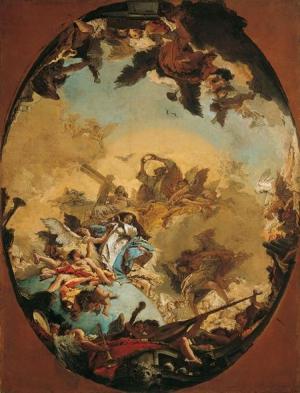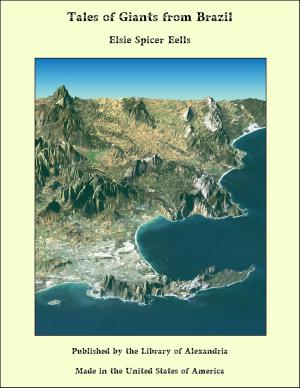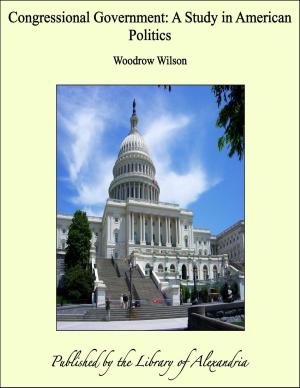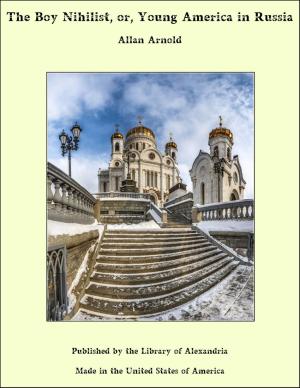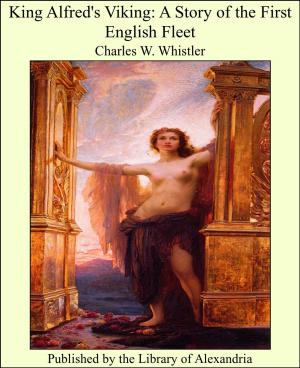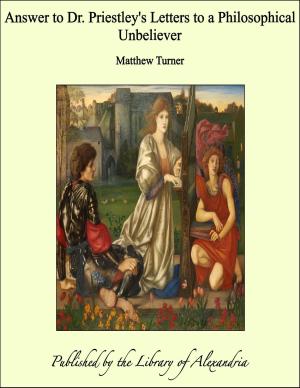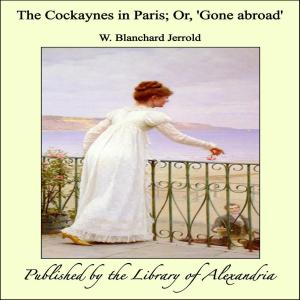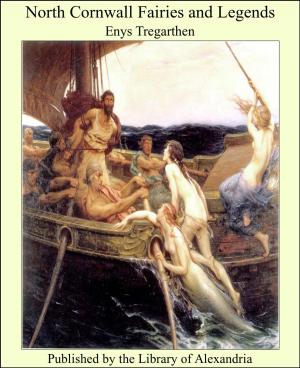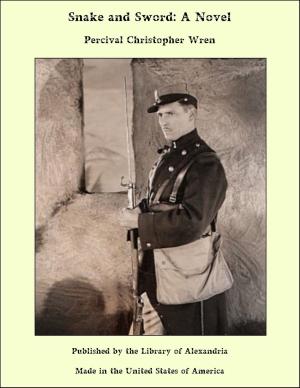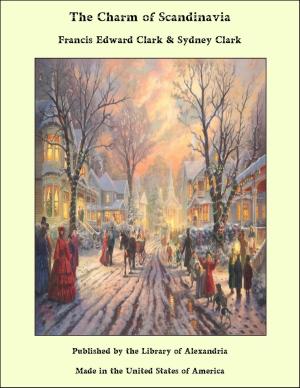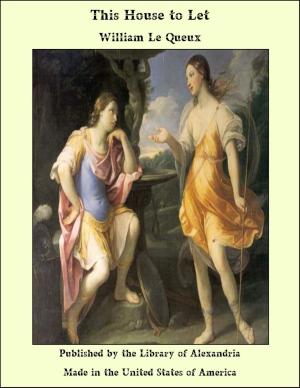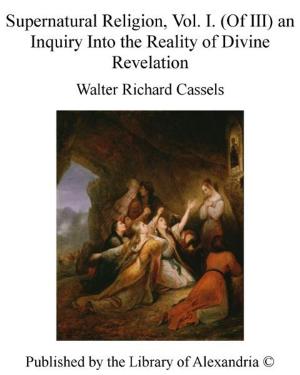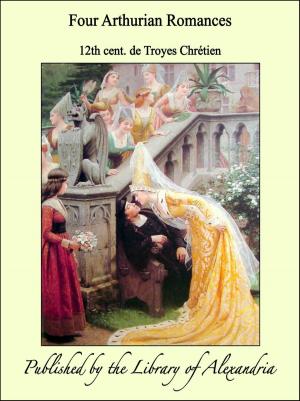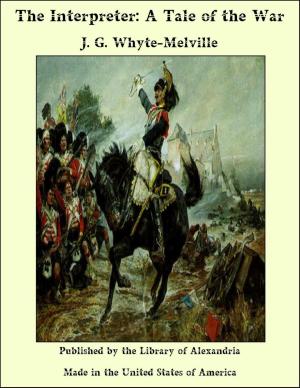Chaucer for Children: A Golden Key
Nonfiction, Religion & Spirituality, New Age, History, Fiction & Literature| Author: | Mrs. H. R. Haweis | ISBN: | 9781465597267 |
| Publisher: | Library of Alexandria | Publication: | March 8, 2015 |
| Imprint: | Language: | English |
| Author: | Mrs. H. R. Haweis |
| ISBN: | 9781465597267 |
| Publisher: | Library of Alexandria |
| Publication: | March 8, 2015 |
| Imprint: | |
| Language: | English |
A Chaucer for Children may seem to some an impossible story-book, but it is one which I have been encouraged to put together by noticing how quickly my own little boy learned and understood fragments of early English poetry. I believe that if they had the chance, many other children would do the same. I think that much of the construction and pronunciation of old English which seems stiff and obscure to grown up people, appears easy to children, whose crude language is in many ways its counterpart. The narrative in early English poetry is almost always very simply and clearly expressed, with the same kind of repetition of facts and names which, as every mother knows, is what children most require in story-telling. The emphasis which the final E gives to many words is another thing which helps to impress the sentences on the memory, the sense being often shorter than the sound. It seems but natural that every English child should know something of one who left so deep an impression on his age, and on the English tongue, that he has been called by Occleve “the finder of our fair language.” For in his day there was actually no national language, no national literature, English consisting of so many dialects, each having its own literature intelligible to comparatively few; and the Court and educated classes still adhering greatly to Norman-French for both speaking and writing. Chaucer, who wrote for the people, chose the best form of English, which was that spoken at Court, at a time when English was regaining supremacy over French; and the form he adopted laid the foundation of our present National Tongue.
A Chaucer for Children may seem to some an impossible story-book, but it is one which I have been encouraged to put together by noticing how quickly my own little boy learned and understood fragments of early English poetry. I believe that if they had the chance, many other children would do the same. I think that much of the construction and pronunciation of old English which seems stiff and obscure to grown up people, appears easy to children, whose crude language is in many ways its counterpart. The narrative in early English poetry is almost always very simply and clearly expressed, with the same kind of repetition of facts and names which, as every mother knows, is what children most require in story-telling. The emphasis which the final E gives to many words is another thing which helps to impress the sentences on the memory, the sense being often shorter than the sound. It seems but natural that every English child should know something of one who left so deep an impression on his age, and on the English tongue, that he has been called by Occleve “the finder of our fair language.” For in his day there was actually no national language, no national literature, English consisting of so many dialects, each having its own literature intelligible to comparatively few; and the Court and educated classes still adhering greatly to Norman-French for both speaking and writing. Chaucer, who wrote for the people, chose the best form of English, which was that spoken at Court, at a time when English was regaining supremacy over French; and the form he adopted laid the foundation of our present National Tongue.


